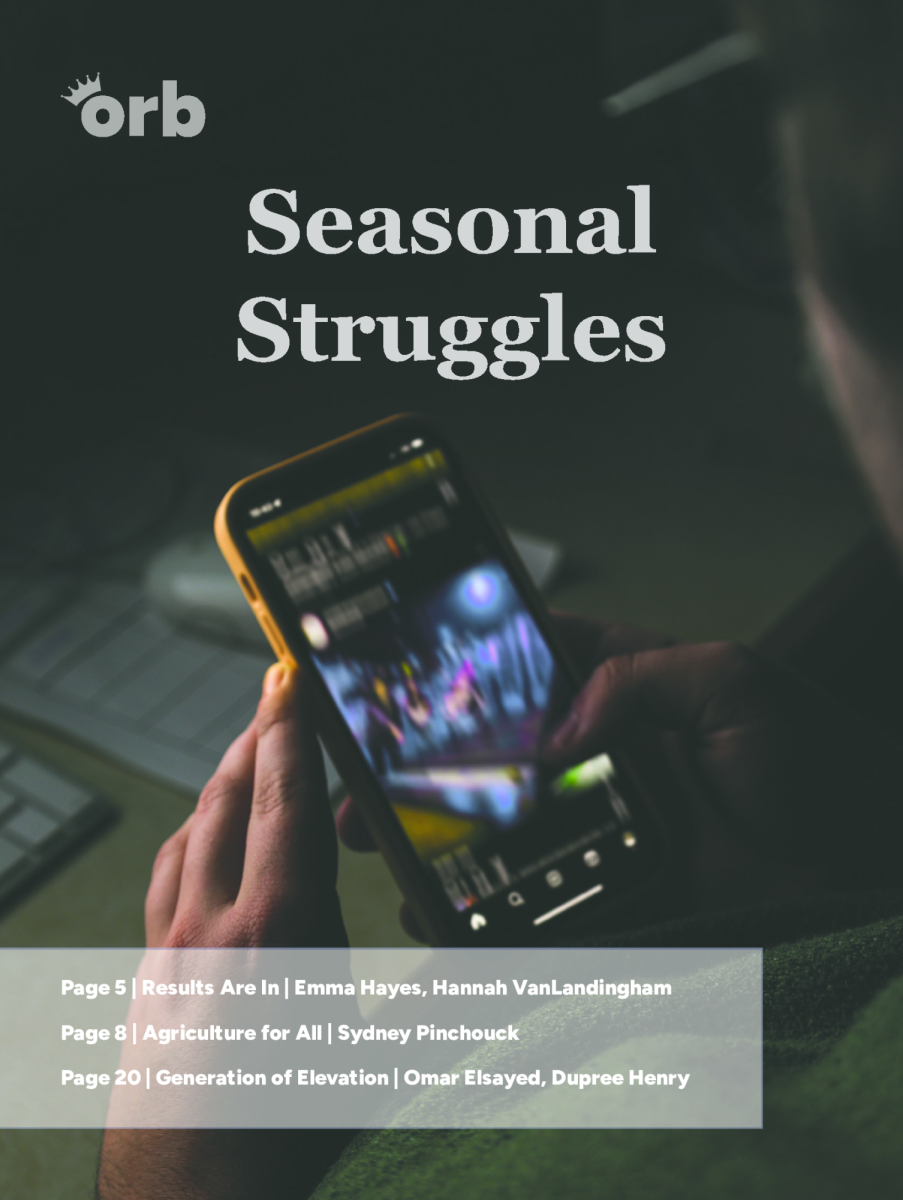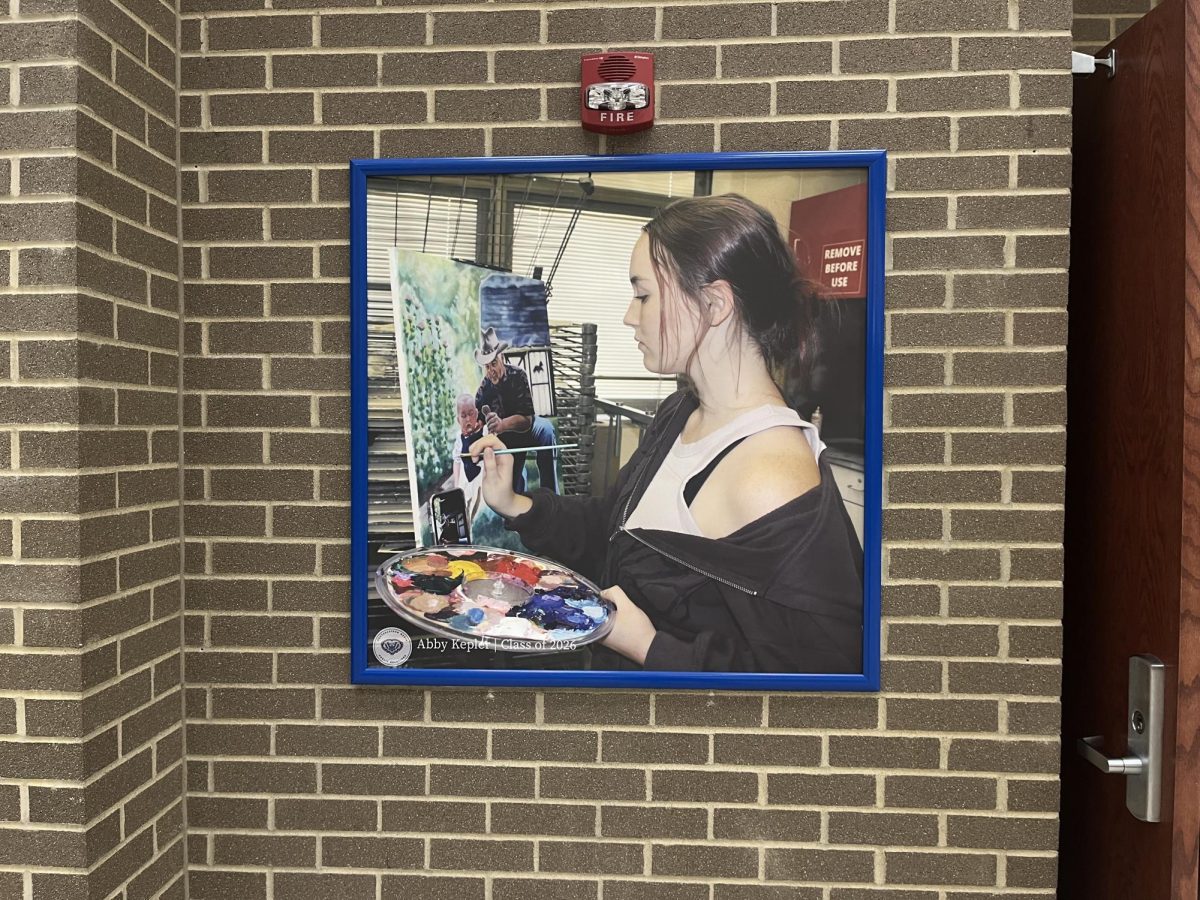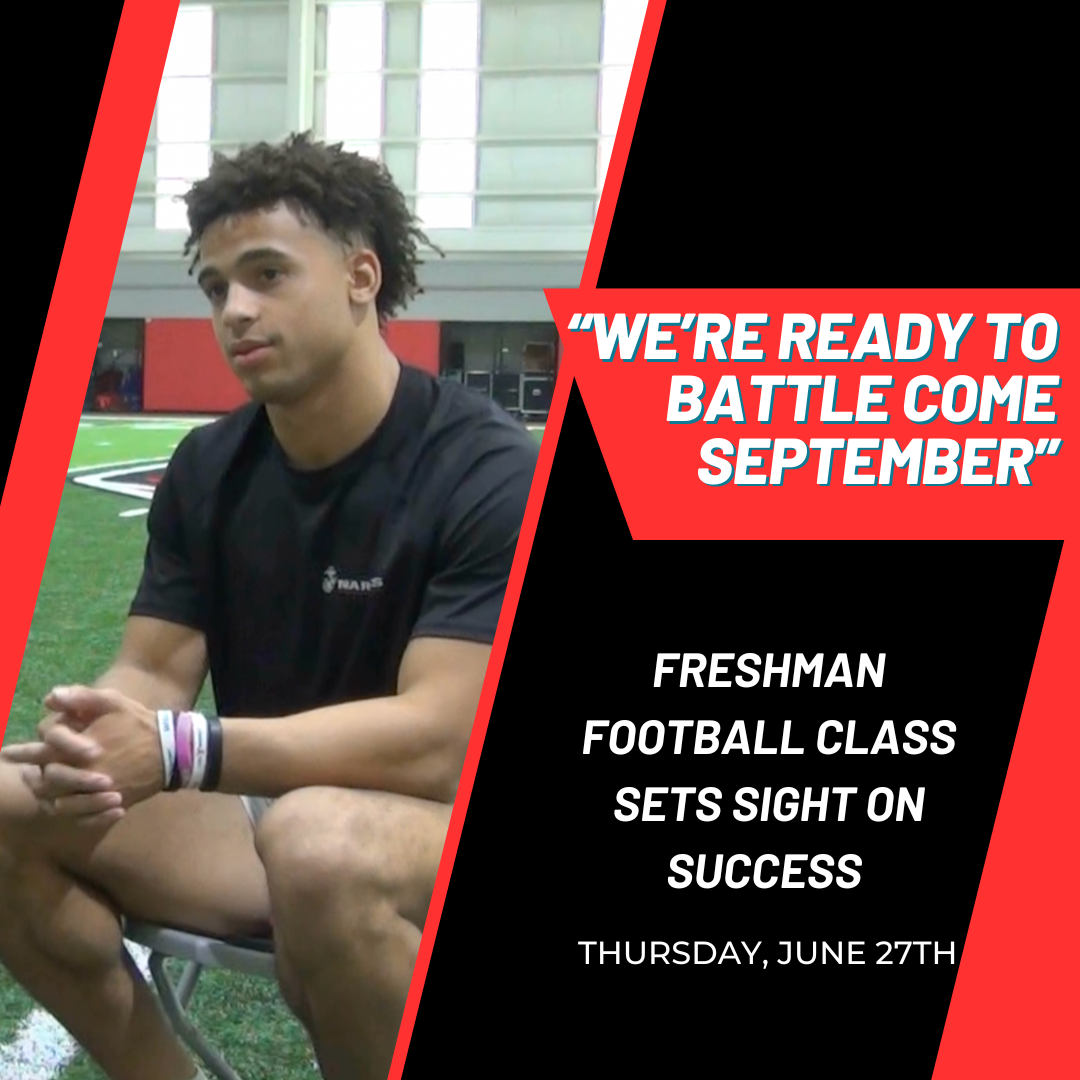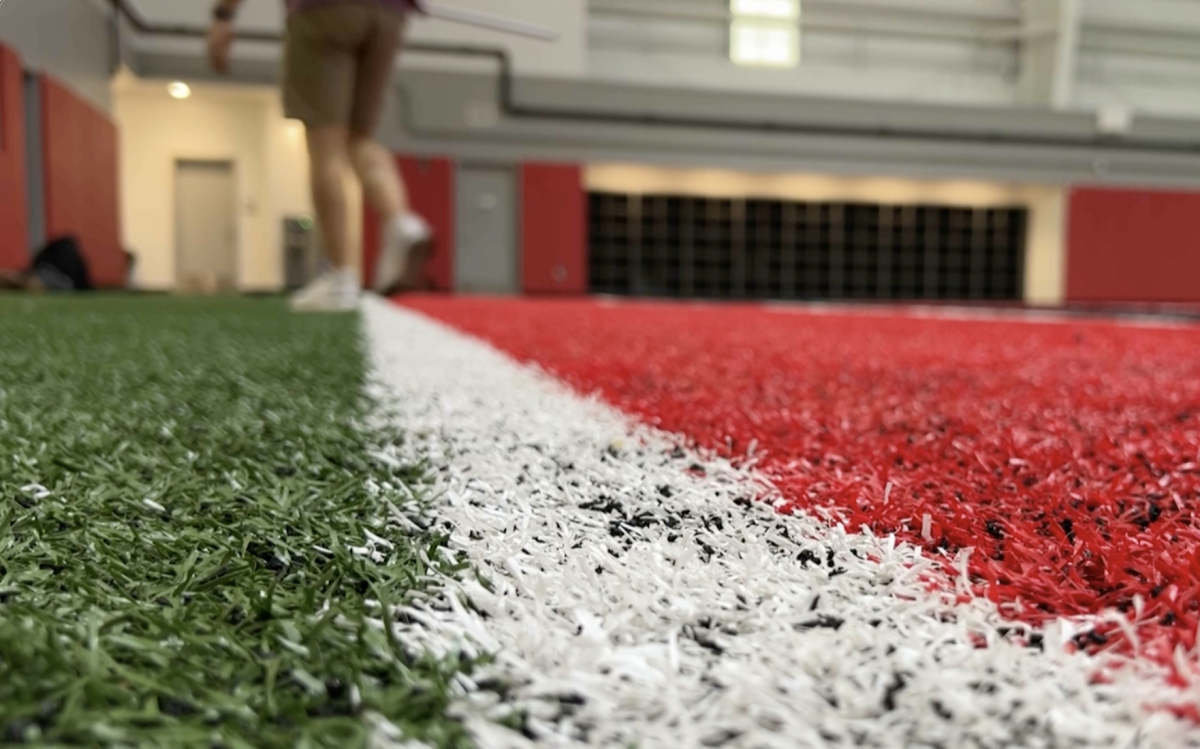As a four-year varsity athlete for the cross country and track team, I have had the privilege of representing the Royals at the highest levels of competition. I truly believe that I was born to be a competitor, which is why running has given me the opportunity to channel that characteristic of mine. However, for every success I have possessed, I’ve experienced even more challenge and defeat through the mind eating thoughts that attacked my mentality, causing me to question the confidence of my ability.
Our school prides itself on our sports community and it is clear that athletics are a tremendous part of who we are, therefore it’s almost impossible to avoid any sort of scores, stats, rankings and results from the week. However, I believe what we don’t talk about enough is the mental health of our athletes that withstand several hours of practice each day, along with competitions and school work. As a whole, the world of sports tends to value physical health over mental health. It’s important to notice that strength isn’t just a condition of the body, it’s a condition of the mind as well.
Daniel Eisenburg, a professor at the University of Michigan School of Public Health, performed a study in which all 31 athletic teams at the university participated. According to the study, he concluded that 33% of athletes suffer from anxiety, depression or a mental health condition. However, 10% seek self-help. Even more alarming, the NCAA study of student-athlete deaths has concluded that suicide is the third leading cause of death in college-level individuals who also participated in their sport during high school.
I was lucky enough to realize that my negative mentality and self-doubt was actually contributing to a downgrade in my physical performance. I became exhausted easily, I began to vomit before every race and I no longer had a spark of excitement for long distance running. Athletics had lead to struggles in my mental health, and it wasn’t until I gained realization that my mentality could rub off on my teammates, when I knew that I desperately needed to call for help. I needed a shift in perspective.
When I chose to be vulnerable, and I chose to not be part of that other 90 percent who resist seeking assistance, I learned about perspectives that my negative mentality didn’t allow me to visualize before. I learned that true success lies within how much joy you find in what you do. I learned that satisfied, accomplished athletes choose to be happy, find value in themselves other than sports, and shift focus from their goals to themselves as people from time to time. At the end of the day, these are only high school sports.
I do not want the mental health of student-athletes at HSE to go unnoticed. The truth is, there is an existing stereotype that athletes have it all together, but oftentimes there are invisible toxins that plague an athlete’s mentality. The most alarming part, though is that most of us aren’t willing to seek guidance.
While there are many options that can be approached to handle this epidemic, it is crucial that we bring help within the walls of HSE. Student-athletes will be more comfortable and become more persistent in aiding themselves if there is a mental health professional present within the staff of our athletic department. Having accessibility to mental health clinicians in the same place where athletes can receive physical therapy in our trainer’s office will provide more convenience to individuals, as well as avoid pointing them in the direction of a specialist outside of school, where they may get the impression that they are an outsider for needing medical attention.
It’s essential to note that mental health also does not always have to be talked about in a private setting. We need to get students talking about this if we want to bring about change in our sports community. This could include mental health workshops, congregations, and bringing in guest speakers open to not only athletes, but the entirety of the school. While mental health can certainly be a personal issue, we need to eliminate the stigma that it would be frowned upon to discuss it in public. You will find that you are far from alone.
This is a call for those who cannot speak. Our school must not only pay attention to physical health, but the well-being of one’s mind.



































